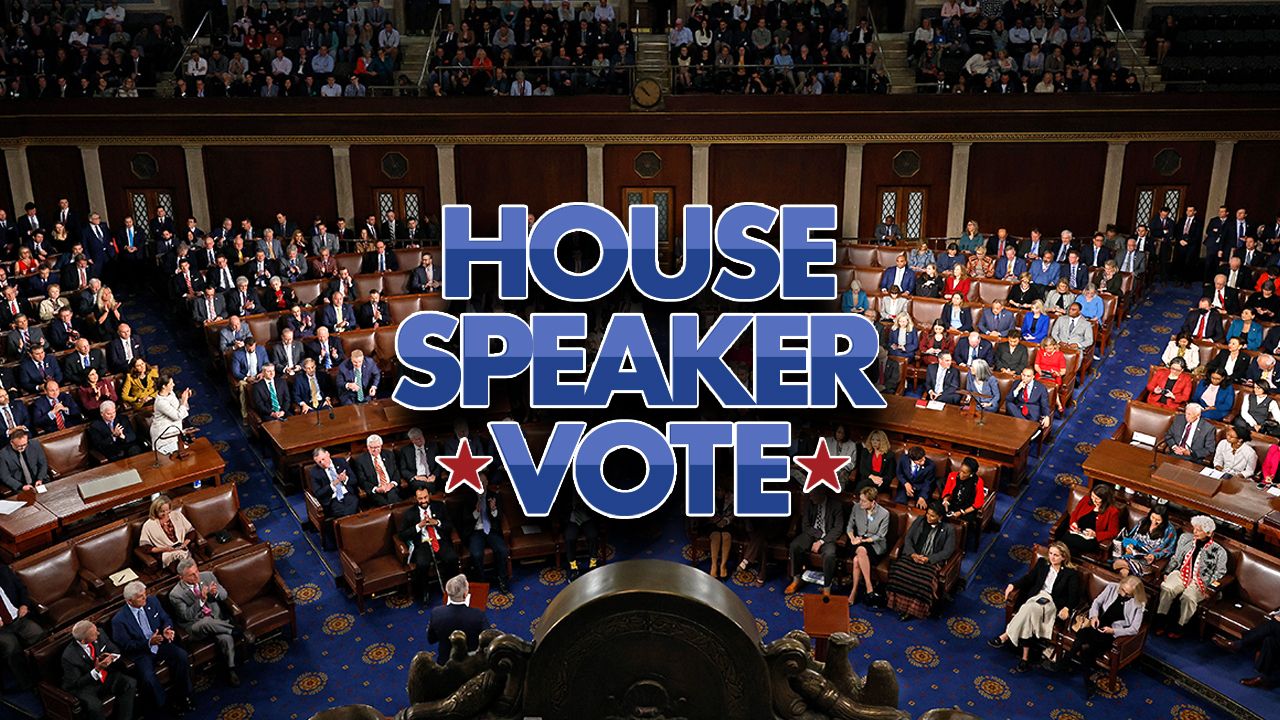We support our Publishers and Content Creators. You can view this story on their website by CLICKING HERE.

The House Speaker election is expected to be narrow and contentious. The 20th Amendment stipulates that a new session of Congress begins on Jan. 3.
With each session of Congress passing its own rules, House business is stymied until a Speaker is elected.
With former Rep. Matt Gaetz, R-Fla., indicating he will not return to his seat despite being reelected in his Pensacola district, that leaves the Republican caucus only able to weather a one-vote defection.
Gaetz called President-elect Trump’s endorsement of current House Speaker Mike Johnson, R-La., to retain his role “’Art of the Deal’-level practicality” in a post on social media.
“We could never have held up [Kevin] McCarthy two years ago for concessions if a Trump certification hung in the balance. Now, it does,” said Gaetz, whom McCarthy blames for his turbulent ouster in 2023.
So far, Rep. Thomas Massie, a fiscally conservative member from Ashland, Ky., has indicated he will not support Johnson’s bid to remain House speaker, comparing him unfavorably to ex-Speaker Paul Ryan, R-Wis.
Massie was also a no-vote on Ryan’s speakership, and wrote that the Wisconsinite “went on to offer a fake repeal of ObamaCare, increased spending, backed the deep state, and didn’t fund a [border] wall” – and that Johnson’s bids to “send money to Ukraine, authorize spying on Americans and blow the budget” are comparable.
If other Republicans join Massie in either voting “present” or for a candidate other than Johnson, the House may be at a standstill for some time and unable to conduct other business including their own swearing-in.
One other speaker candidate is Democratic leader Hakeem Jeffries of Brooklyn, N.Y.

 Conservative
Conservative  Search
Search Trending
Trending Current News
Current News 





